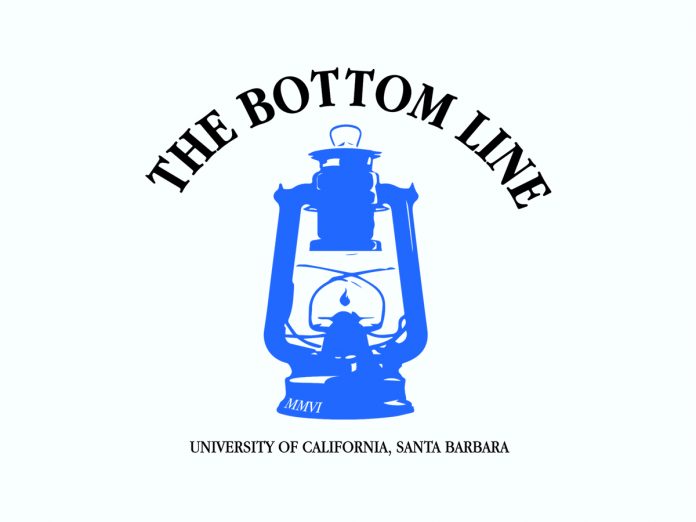Minh Hua
Campus Beat Reporter
Last Monday, Nov. 19, Students Against Sexual Assault (SASA) led a town hall at Pardall Center for UC Santa Barbara students to voice their concerns to representatives from the offices of Campus Advocacy, Resources & Education (CARE), Title IX, and other UCSB administrations. A primary issue brought up was making sexual assault training more accessible and mandatory.
Margaret Klawunn, Vice Chancellor for Student Affairs, started the meeting with a report on the status of sexual assault demands brought forth by students in 2015 and 2017. Some of the demands in 2015 addressed include the creation of a survivor fund and a Gaucho support center.
In 2017, students requested a Survivor Resource Center, located in Isla Vista (I.V.), that would offer immediate response and assistance to survivors. The project is scheduled to commence January 2019.
“The idea for the Survivor Resource Center came from students who felt like there were too many places that they had to go to get help,” said Briana Conway, CARE Director, describing the resource center as a “one-stop shop” for all survivor needs.
Title IX Director Ariana Alvarez gave an update on the reporting process of sexual violence, expressing a desire to describe the bigger picture on what is happening on campus.
According to Alvarez, “Our intent is to work with the Executive Vice Chancellor office to create and update an annual report that would provide breakdowns on demographics of complainants, respondents and various charges.”
When a report of sexual violence reaches the Title IX office, there are two types of responses that the office undertakes. The first is an informal response, which includes but is not limited to the office leading a discussion and mediation between parties, as well as implementing more training for the parties involved.
A formal response takes the form of an investigation, which depends on whether the respondent or accused was a student or staff and non-faculty academic personnel.
After Alvarez’s report, representatives from SASA gave an update on a survey SASA endorsed that a group of students administered to sexual assault survivors in spring 2018.
According to SASA President Emily Montalvo-Telford, the survey results indicated that “the number one reason for not reporting was the belief that the offense was not serious enough.” In response to these findings, SASA has created a list of asks for the administration concerning sexual assault resources and training.
Afterwards, Associate Dean of Student Life Miles Ashlock provided a report on campus organizations including fraternities and sororities in relation to mandatory sexual assault training.
Ashlock said that campus organizations are currently only obligated to attend the new student education requirement which is a one-time training divided into three sessions, including, but not limited to, prevention, education, and bystander education.
“This is certainly an area for obvious growth,” said Ashlock, stating that the challenge with administering more comprehensive training is the difficulty of serving up to 3,000 students leaders and 10,000 student members within campus organizations.
SASA I.V. Community Coordinator and External Vice President of Local Affairs Madeline Loudon brought up the point that students who aren’t involved in campus organizations only get Gaucho FYI, the new student education. As a result, Loudon requested that sexual assault training information be made available online.
“Education is one prong of achieving the ideal. We’ve done a lot of education with some groups and we still hasn’t achieved no violence. What do we need to do differently on campus and in society at large to see a decrease in violence?” asked Ashlock.
The town hall ended at 7:15 p.m. with a list of agreements that the administration would work on.











